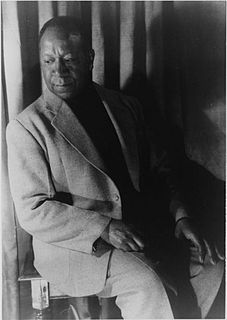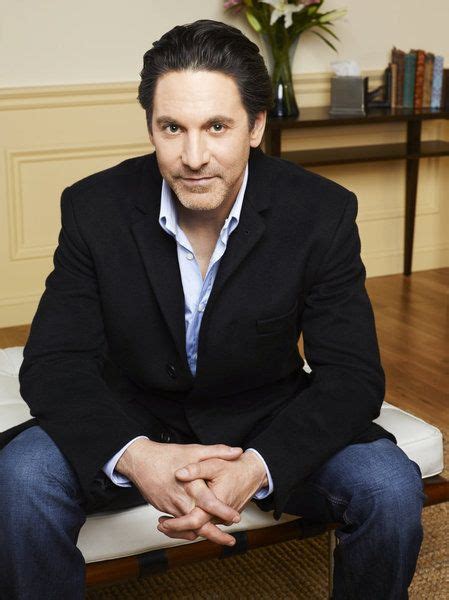A Quote by Stanley Kubrick
I haven't come across any recent new ideas in film that strike me as being particularly important and that have to do with form. I think that a preoccupation with originality of form is more or less a fruitless thing. A truly original person with a truly original mind will not be able to function in the old form and will simply do something different. Others had much better think of the form as being some sort of classical tradition and try to work within it.
Quote Topics
Able
Across
Any
Being
Better
Classical
Come
Different
Film
Form
Fruitless
Function
Had
Ideas
Important
Less
Me
Mind
More
More Or Less
Much
New
New Idea
New Ideas
Old
Original
Originality
Others
Particularly
Person
Preoccupation
Recent
Simply
Some
Something
Sort
Strike
Thing
Think
Tradition
Truly
Try
Will
Within
Work
Related Quotes
When you work in form, be it a sonnet or villanelle or whatever, the form is there and you have to fill it. And you have to find how to make that form say what you want to say. But what you find, always--I think any poet who's worked in form will agree with me--is that the form leads you to what you want to say.
Physical beauty and ugliness is not very important. The real thing is the inner. I can teach you how to be beautiful from within, and that is real beauty. Once it is there, your physical form won't matter much. Your eyes will start shining with joy; your face will have a gleam, a glory. The form will become immaterial. When something starts flowing from within you, some grace, then the outer form is just put aside.
Regarding pushing the form, ideas interest me more than form. I think you can write a very subversive play in a three-act structure. The content makes the play. I feel the form is simply dressing, because ultimately, you want to communicate to the audience, and sometimes the best way to do that is to present a provocative idea in a format that is comfortable for them to receive. Then the idea will come through directly, right in solar plexus. After all, I want to make a living as an artist, and that means speaking to the audience in a form they can understand.
Through death you find yourself, because you no longer identify with form. You realize you are not the form with which you had identified neither the physical nor the psychological form of "me". That form goes. It dissolves and who you are beyond form emerges through the opening where that form was. One could almost say that every form of life obscures God.
To me, form doesn't always follow function. Form has a life of its own, and at times, it may be the motivating force in design. When you're dealing with form as a sculptor, you feel that you are quite free in attempting to mould and shape things you want to do, but in architecture, it's much more difficult because it has to have a function.
If form follows function, as we know it does in this Universe, then consciousness will adapt to whatever form it requires in order to function. Hopefully, it will also develop its fundamental function; what that is may be debatable within many schools of thought, but it is indisputable that evolved thinking recognizes the universality of Life.
Cliche refers to words, commonplace to ideas. Cliche describes the form or the letter, commonplace the substance or spirit. To confuse them is to confuse the thought with the expression of the thought. The cliche is immediately perceivable; the commonplace very often escapes notice if decked out in original dress. There are few examples, in any literature, of new ideas expressed in original form. The most critical mind must often be content with one or the other of these pleasures, only too happy when it is not deprived of both at once, which is not too rarely the case.
I've had stuff of mine adapted by other people, so I've come to the conclusion that a movie is a different form from a novel and there is no such thing as a true adaptation. You have to adapt to this other thing and do it right. But that voice of the original should somehow still be there, and the original intent should still be there. So if the original writer saw the movie, the writer would say, "Well, that's not what I wrote, but that's what I meant." And if you can do that, I think you've done your job as a screenwriter.
I think that when you do any kind of theatrical form, (you can't really do this in the theater) the task as an artist is to reach some form of catharsis yourself, and express something that allows an audience to have some form of catharsis. If there's no discovery in what you do, if there's no struggle in what you do to have that discovery, then, there's no meaning in what you do.






































